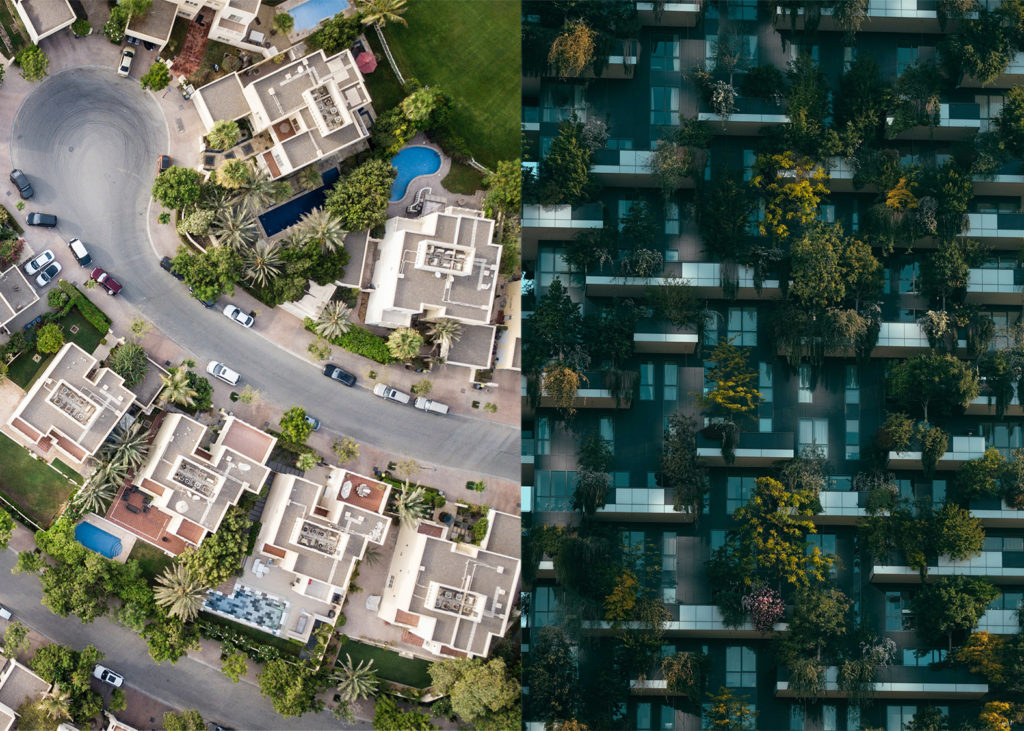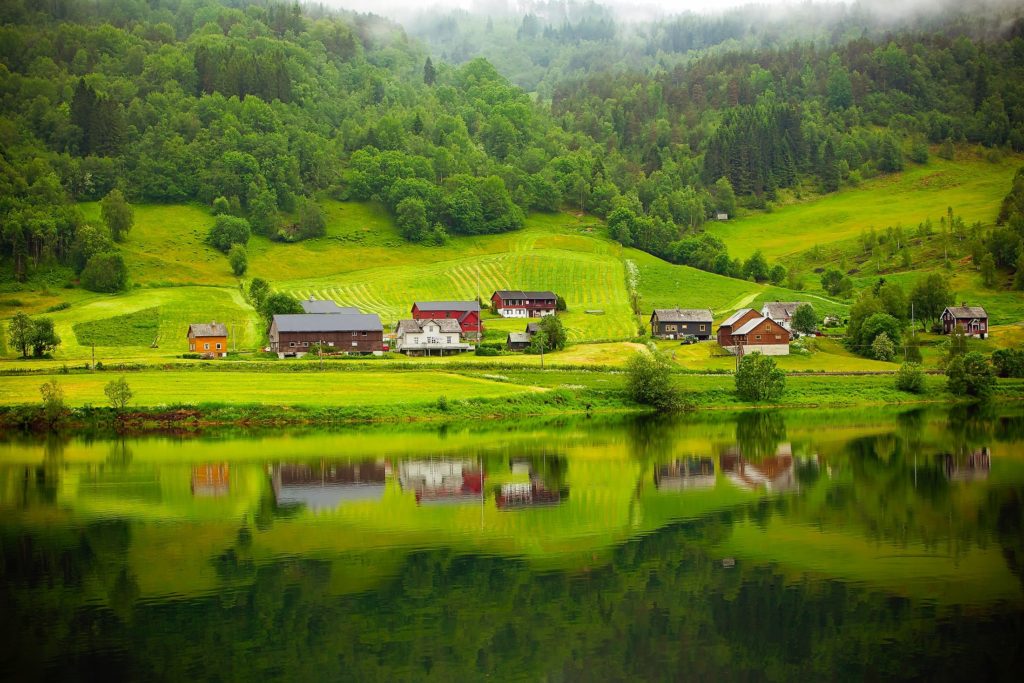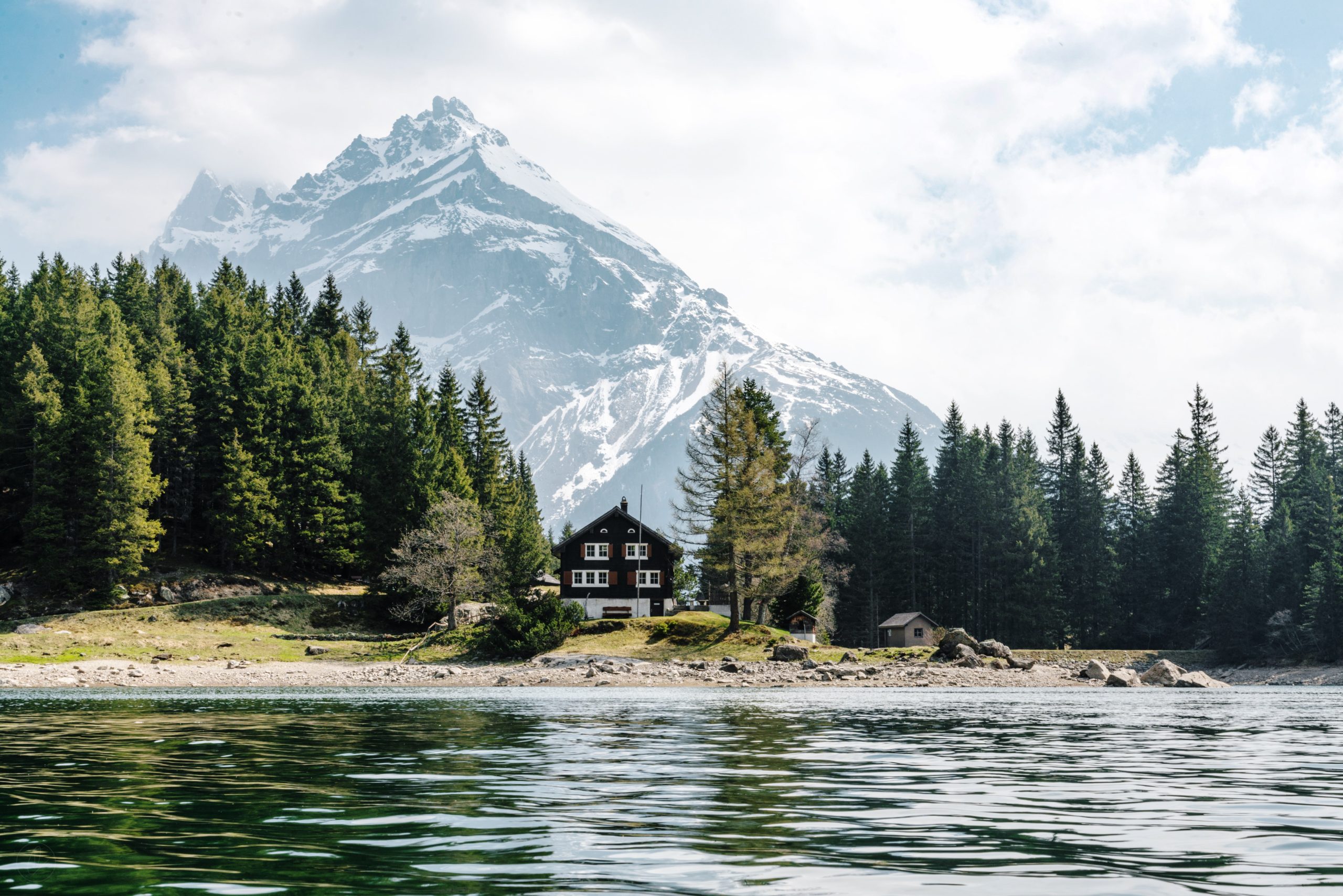Recently, as I was perusing the local real estate listings, I noticed a few off-grid properties that intrigued me. With the market so inflated, much of these properties’ appeal was their lower price tag. That being said, paying more for an on-grid property can be worthwhile; public infrastructure can be a helpful backup to off-grid improvements. Therefore, since I’m intending to develop an on-grid property toward self-sufficiency, starting from off-grid would be somewhat in line with my plans. However, my ability to entertain this idea was brief because I quickly learned that I would be unable to get a traditional mortgage for an off-grid home. After some short-lived annoyance, this prompted me to consider why this was a common policy among lending institutions. It soon became apparent this policy was more a reflection of the borrowers rather than the lenders.
Let us consider why lenders aren’t the ones choosing to exclude off-grid homes from mortgage packages. Financial institutions are all about the bottom line. Banks don’t want to loan on something they can’t easily resell. That is, they are responding to what the public wants. And not even the general public; they are catering to the specific public, if you will. It wouldn’t even require that everyone wanted off-grid homes for a bank to lend on one. Every day, we see banks lending on homes that only some want. Consider the following homes that people want over off-grid homes: condos, townhomes, development homes, city homes on tightly spaced lots. An interesting observation is that most people would rather rent an apartment and own nothing than live somewhere that poses minor hurdles to maintaining an internet umbilical.

If lending practices are reflected by the choices of borrowers, what might we also glean by looking at the homes many have purchased? Regarding the aforementioned real estate choices, we can speculate about the typical characteristics of some, or all, of these homeowners:
- Value conformity
- Prefer to outsource security
- Accept restricted freedoms (HOA CC&Rs)
- Accept rent-like fees for ownership (HOA fees)
- Prefer excessive and unnecessary convenience
- Value a large home at the expense of a smaller lot
- Prefer to outsource property management
- Accept limited privacy
- Prefer a smaller family size
You’ll notice the values in this list are all passive in nature. Much emphasis is placed on expending the least amount of energy and reducing responsibility. If you find this list irksome because you’re living in one of these communities but do not share these values, then perhaps you’re living in the wrong community. We should all strive to reside in areas comprised of individuals who share our approach to life and are otherwise similar to us in as many respects as can be reasonably expected.

Notice, all the homes previously listed are found exclusively in urban to suburban areas. This examination of home choice is valuable because homes shape people, and people shape society. Reflecting on the above list of traits, we can ponder how those people might affect society. Home type can influence the adults living there and it certainly impacts the trajectory of the youth raised there. If you lived in a rural area as a child, you will engage in vastly different activities than your urban counterparts.
Generally, men raised in the city are weaker than men raised in the country. This is less an opinion and more a matter of fact. You know how it goes: good times create weak men, weak men create hard times, hard times create strong men, strong men create good times, ad infinitum. Those in the city are creatures of comfort of the good times, deficient in practical skills, as they spend much of their time indoors and in front of screens—which they cannot survive without for more than one day. They turn over their responsibility for personal and familial safety to other men in public positions. Given the high stress that comes from living such a fast-paced life, they also tend to be more wary of others and consequently lack community. On the contrary, the farther outside the city men live, the harder daily life is and the stronger they become. They spend more time outdoors which desensitizes them to being uncomfortable and, as a result, they become discerning of what is essential and what is not. Since there are fewer people and services to rely on, they learn more practical skills and develop an appreciation for autonomy over abdicated security. Interacting with the same people on a regular basis leads to a high-trust, hyper-local community; you know your neighbors and you see the same people every day around town.

It should be understood that none of this is set in stone. Any man who moves out of the city and toward the country will start to develop more of these positive characteristics and fewer of the negative ones. Though off-grid living is certainly not for everyone, rural living can foster similar characteristics. Even if you move to an “on-grid” location, but it has a well or septic system, you will start to learn self-sufficiency.
We should recognize the strength of men growing up in rural America and aim to emulate them. The further out the better, but anything 30 minutes outside the city suburbs will be a good start. More importantly, you need to live far enough outside the city so that you can afford some land to homestead on. This is becoming more and more difficult for reasons beyond our control. Do your best. If you can find work in an area with a cheaper cost of living, take the job and move. You might also consider going in on property with family or friends and then subdividing. Debt is never desirable, but in this case, I think the ends justify the means so long as you don’t overextend yourself. Find creative solutions to acquire your property.

The lack of off-grid houses and the difficulty of purchasing one is a reflection of the degraded values of our society. Likely, many societal problems would disappear if more people left the city for the country and developed into stronger men and women. And even if the problems didn’t vanish, it wouldn’t matter because we decreased our reliance on a rotten system. There are upsides no matter the outcome and the journey will be rewarding. Men, move yourselves and your families to the country to become greater and raise strong sons. Live closer to nature, farther from the city and its inherent stressors, and become less dependent on the system. In short, live more how God intended us to.
If you liked this article and want to keep up to date with future posts, you can sign up for my newsletter below. I promise I won’t blow up your inbox.
